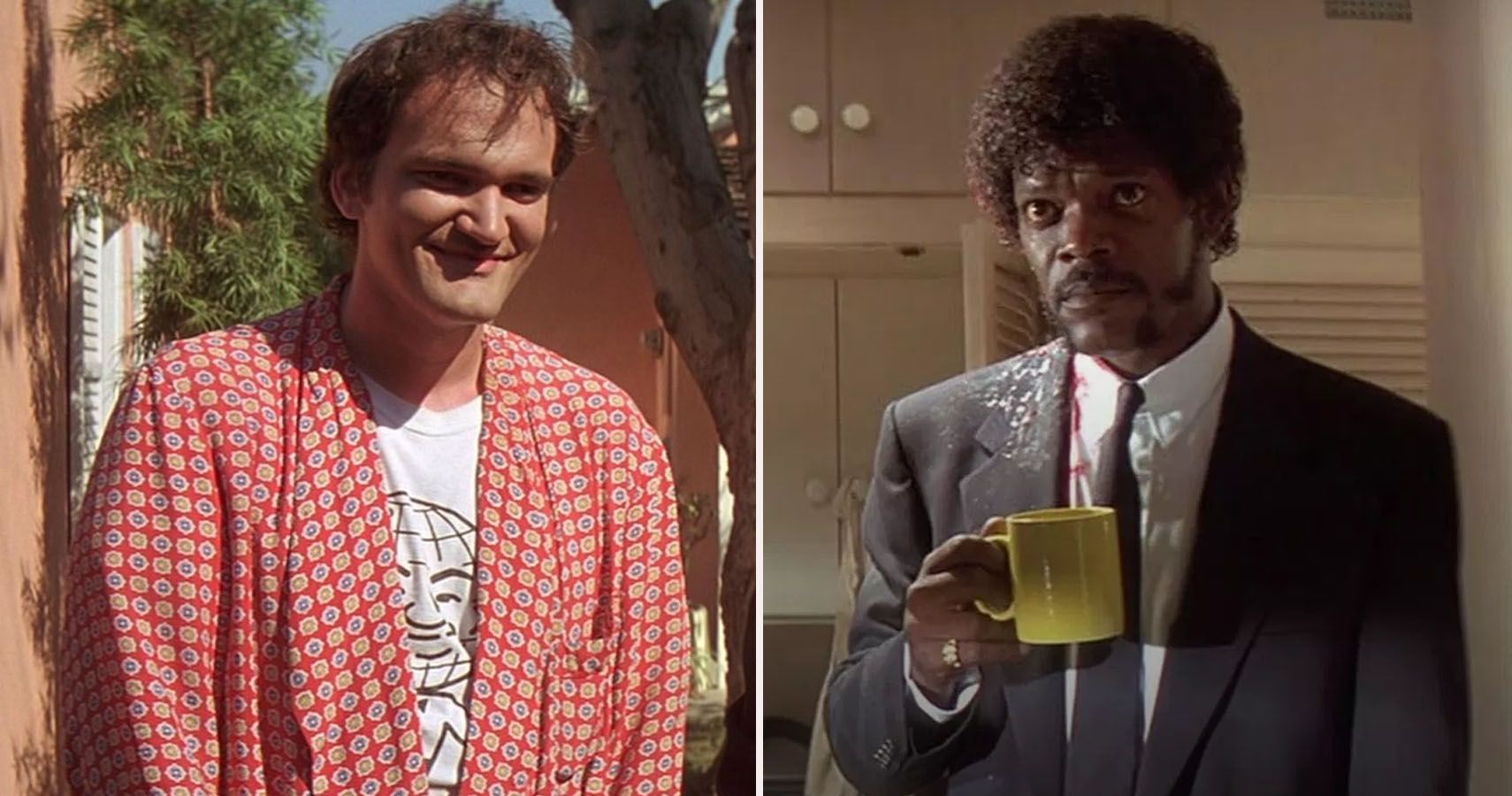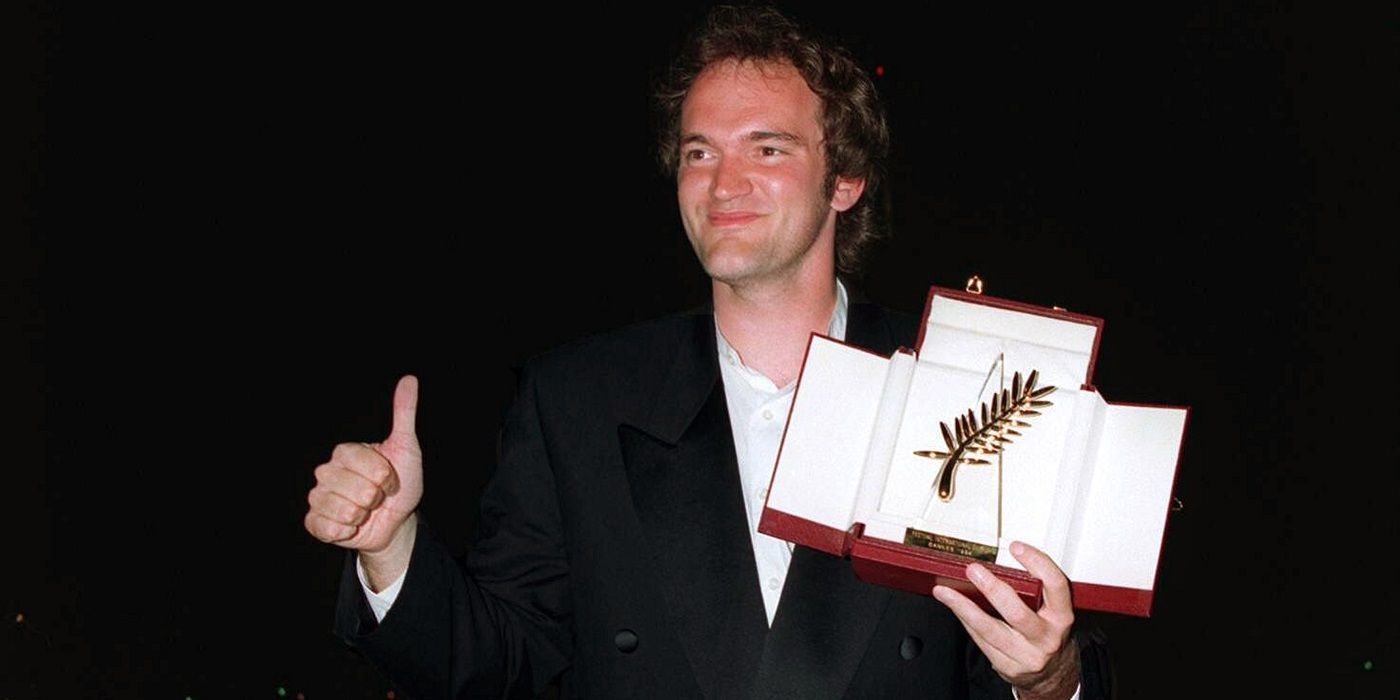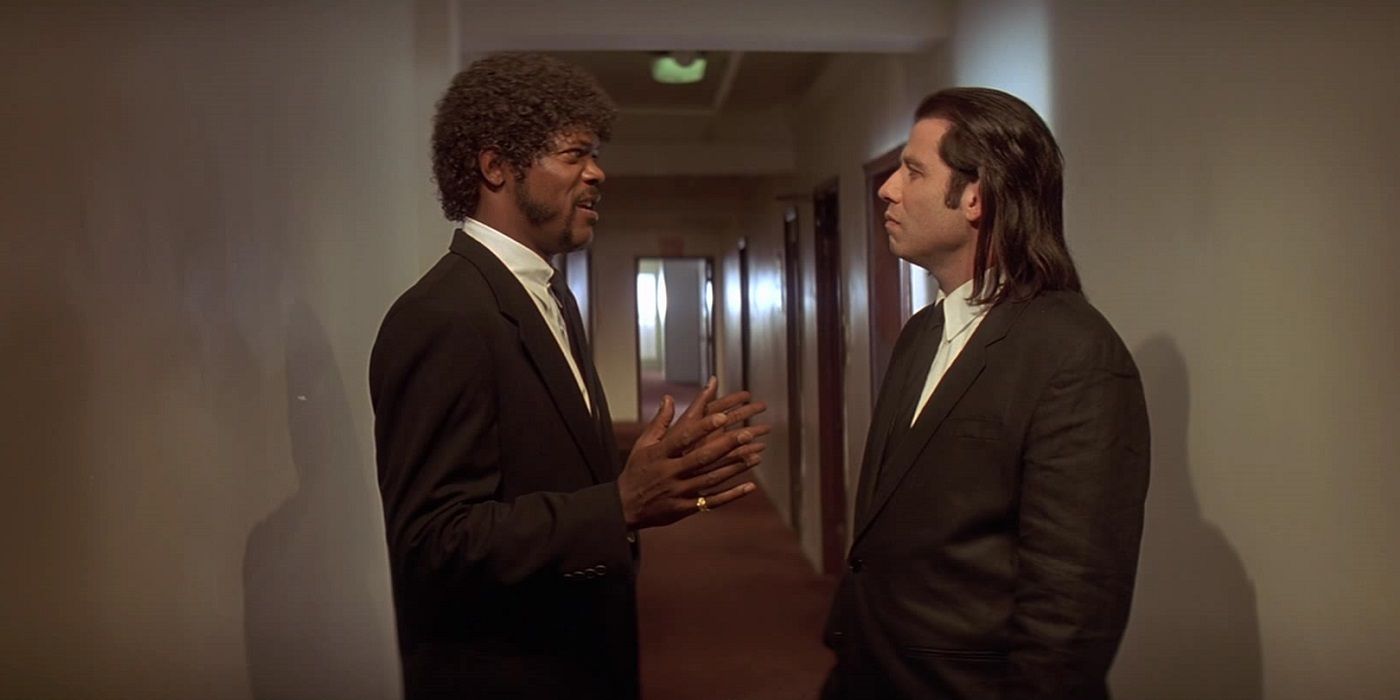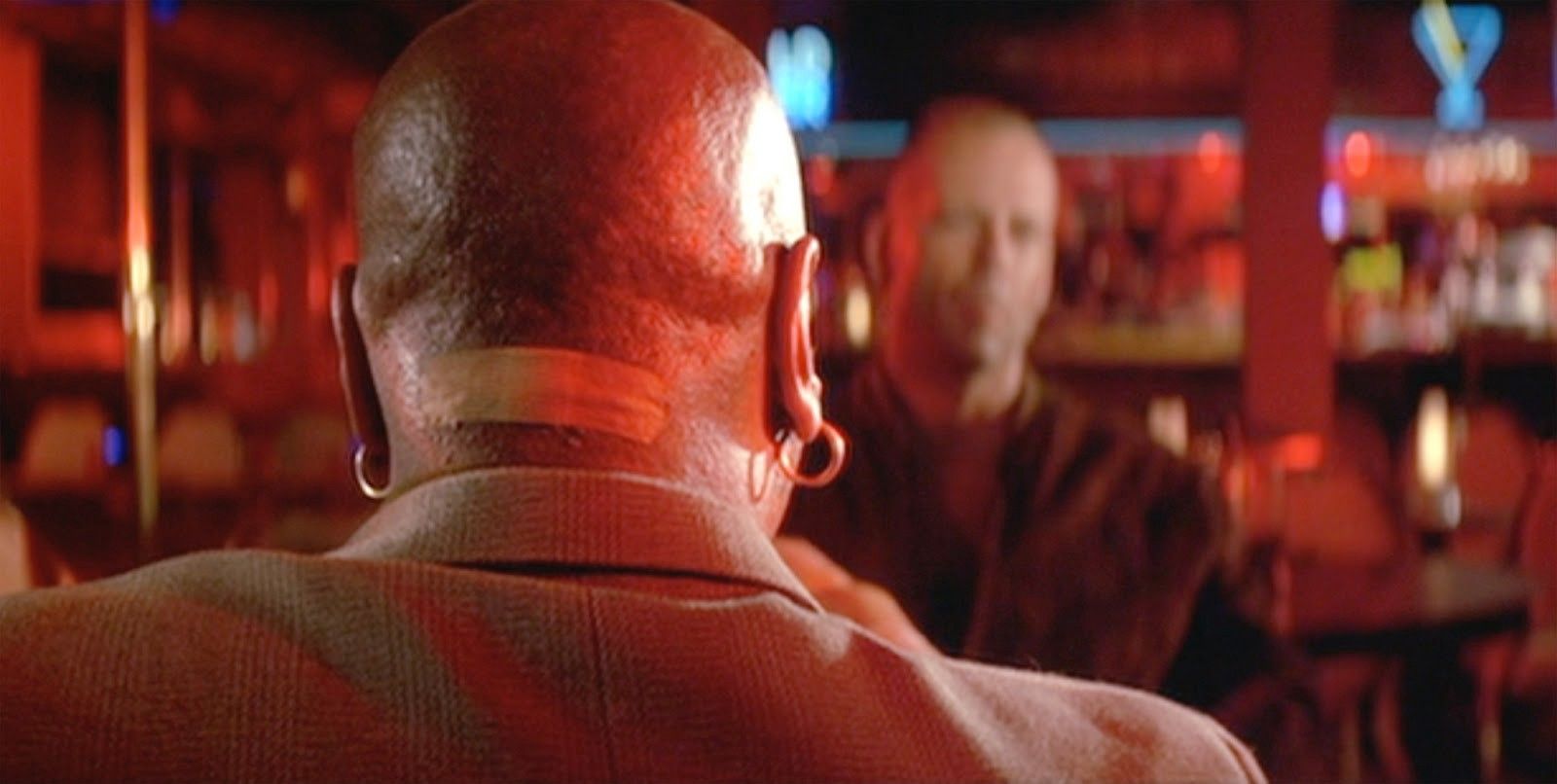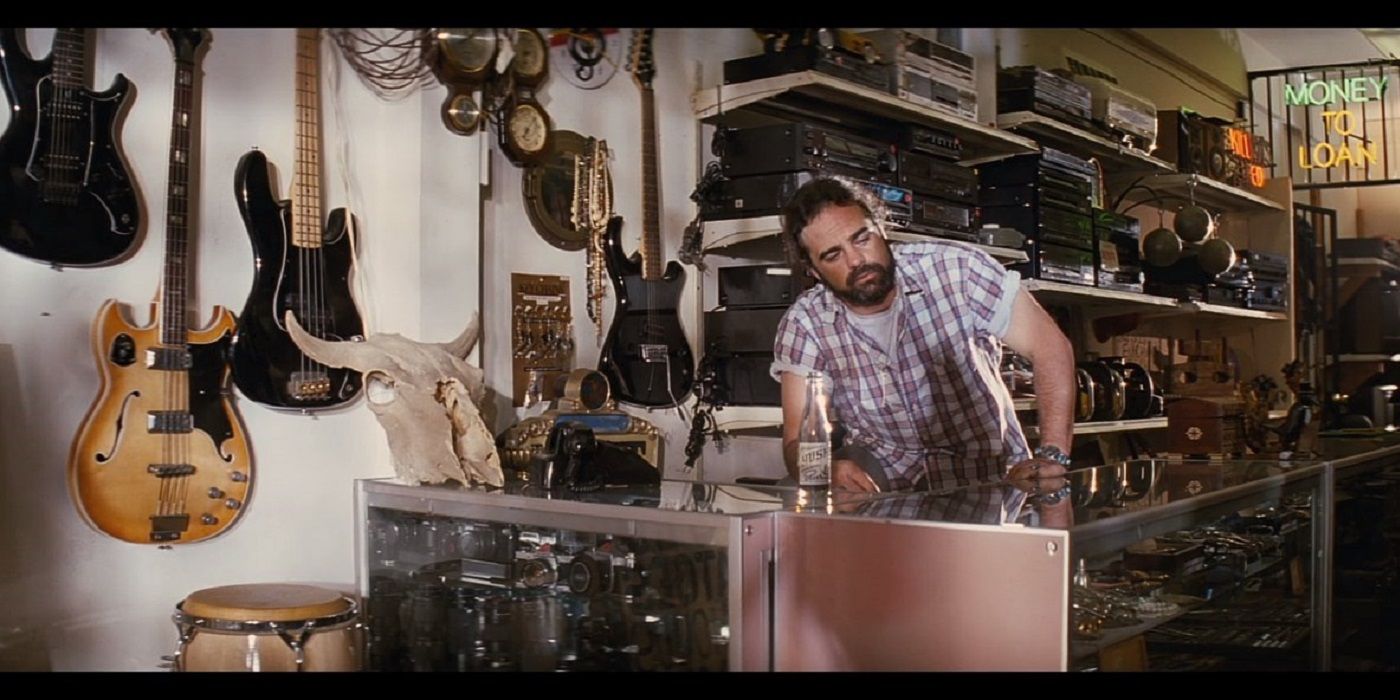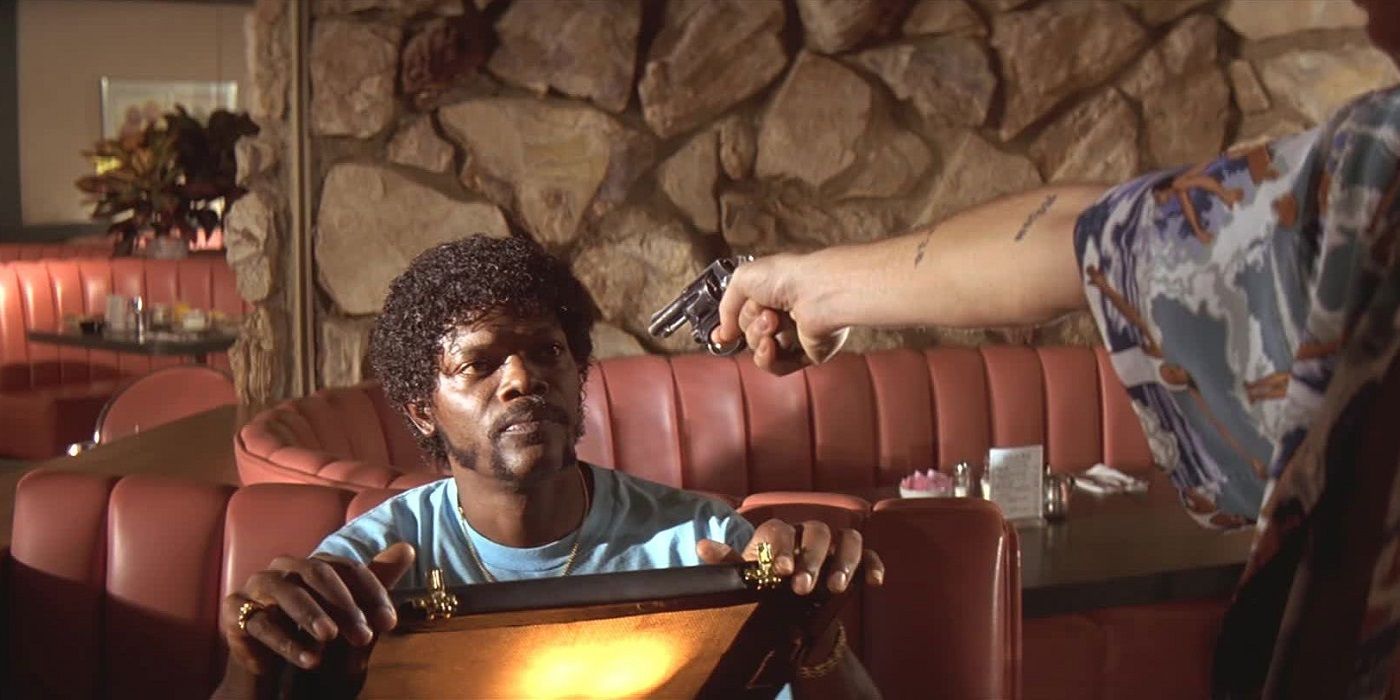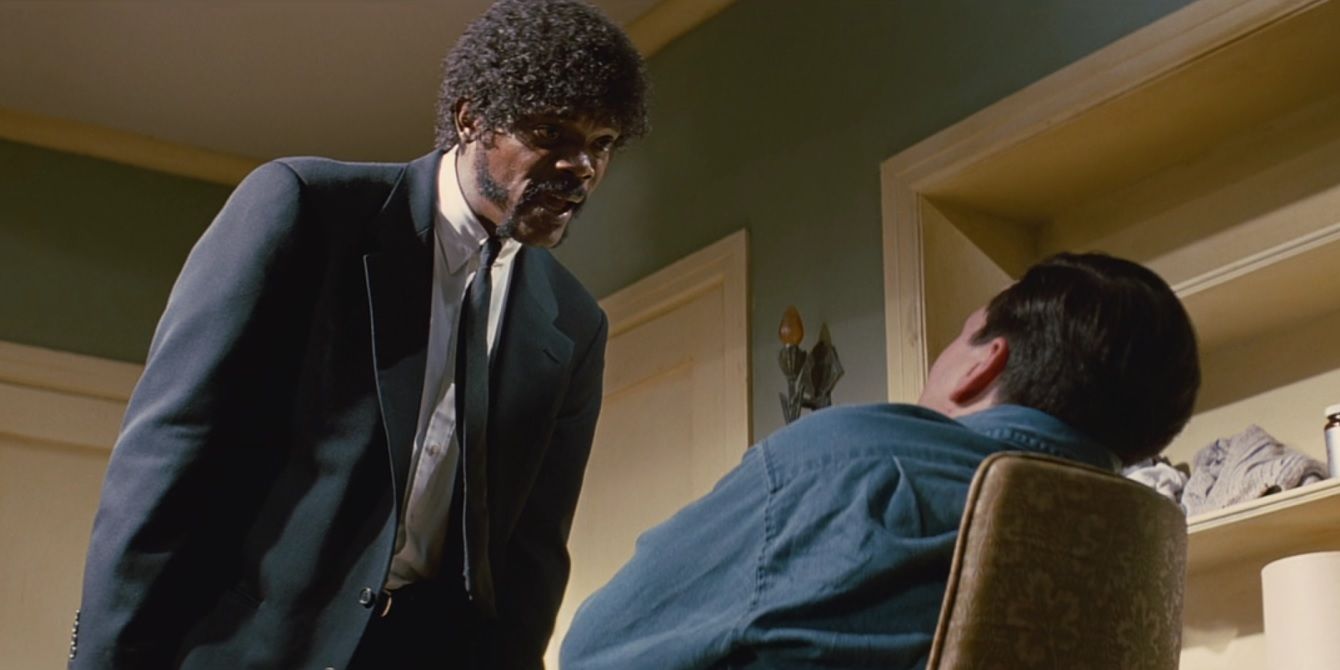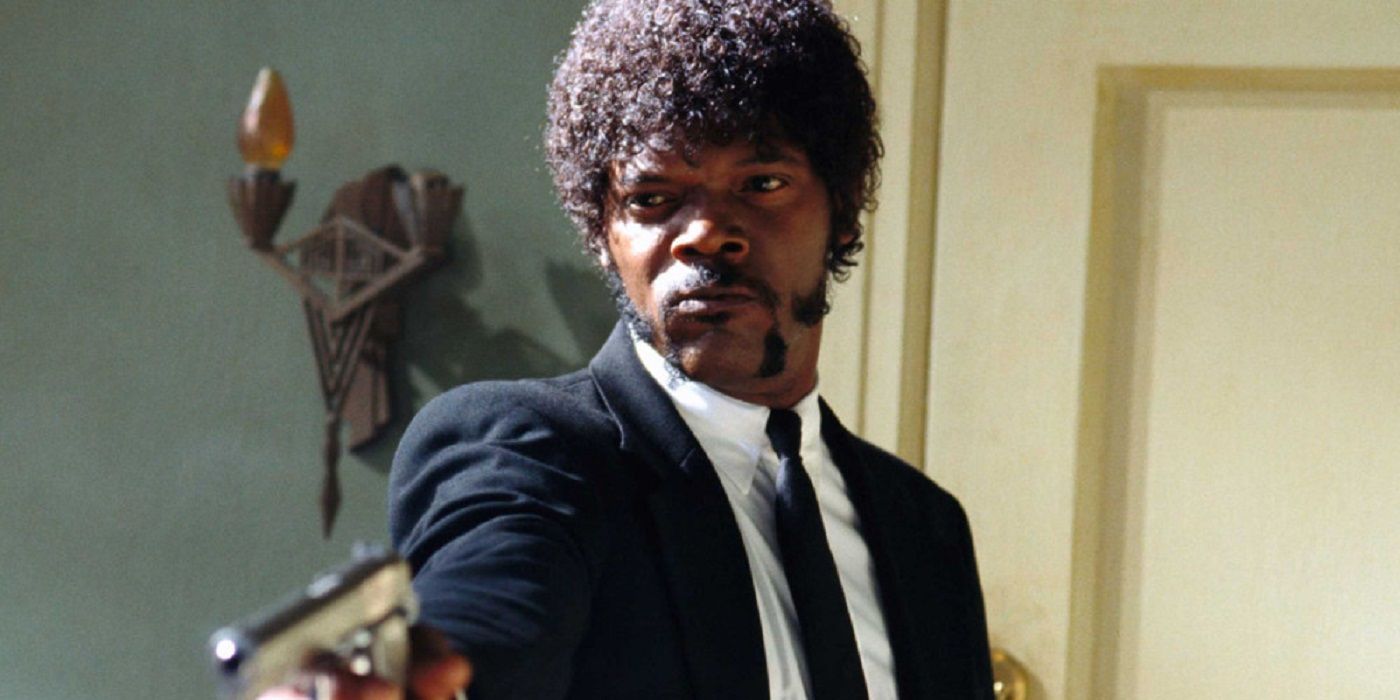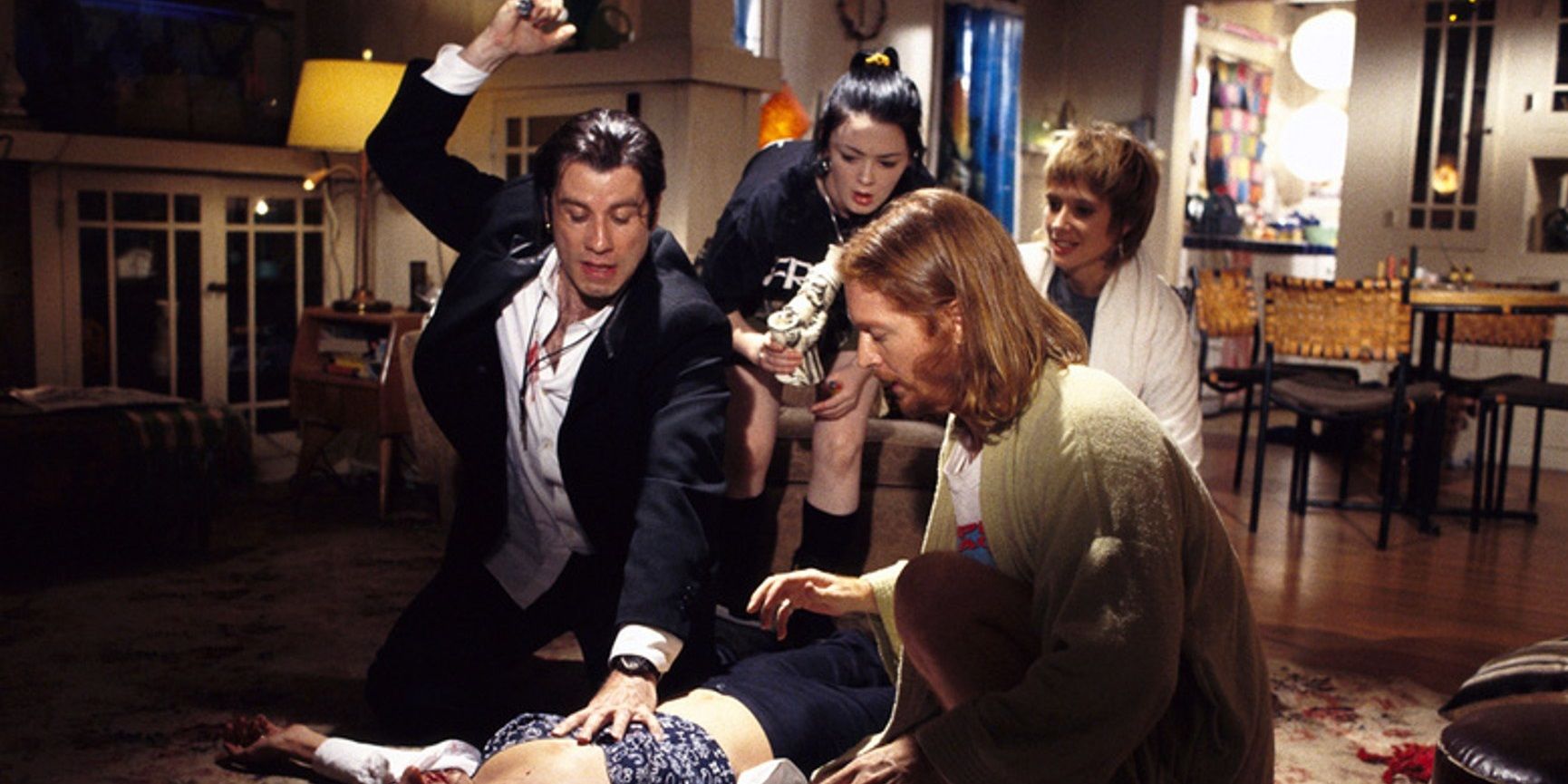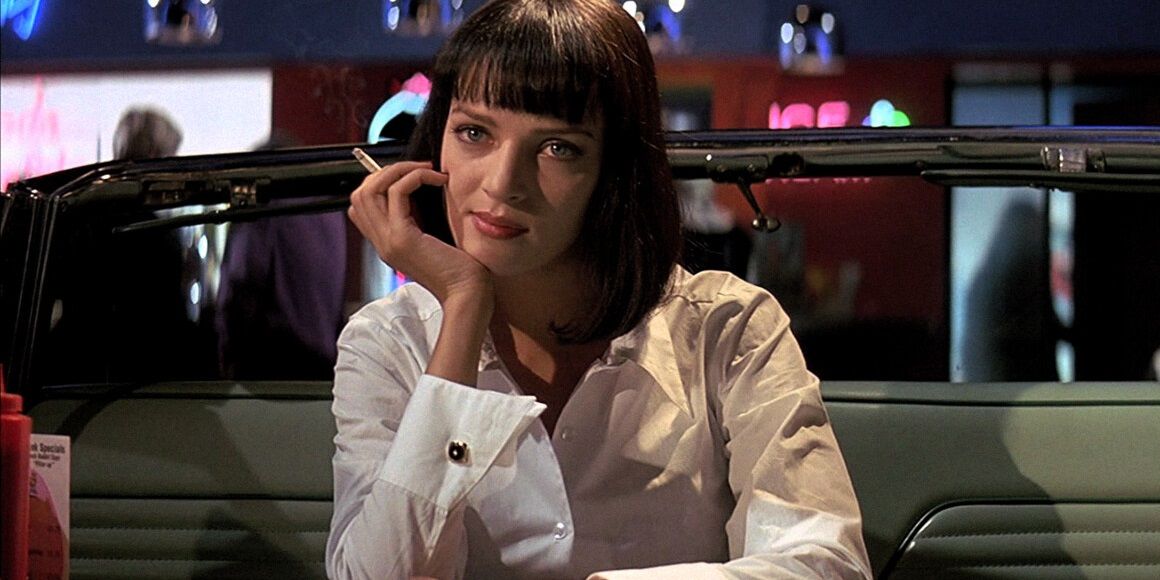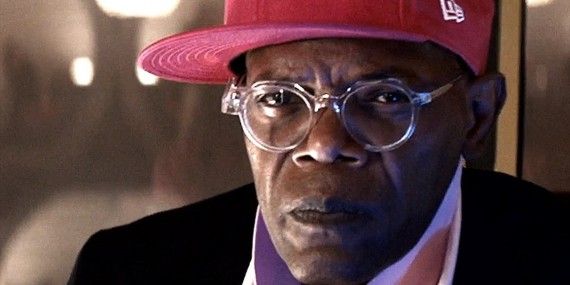Quentin Tarantino first burst onto the scene with the visceral crime drama Reservoir Dogs. The movie stands out by centering itself around a heist that is never shown on camera and by having scene after scene of quotable dialogue delivered by a standout cast. The director's next feature was Pulp Fiction, which is often considered his masterpiece. The anthology of interconnected stories took moviegoers by storm with its mixture of gritty crime, dark humor, and stellar writing. While his first feature established him as a filmmaker, Pulp Fiction solidified his status as one of the greats.
As is the case with any popular film; a plethora of stories, urban legends, and general misinformation have swirled around the 1994 crime epic. To clear the air, the next ten entries will shine a light on ten common misconceptions about the film. These will range from stories about the production to details shown on camera. One cannot be faulted for believing any of these; there's a lot out there on the internet, and it's hard to believe what is true and what isn't.
Quentin Tarantino Wasn't The Sole Writer
When talking about a great film, it is easy to heap all the credit upon the director. While the position is certainly vital to putting together a solid picture, it is unfair to everyone else who tirelessly toiled away either before, after, or during production.
Tarantino has writing chops and is responsible for the general idea behind the film, but his pen was not the only one that touched the screenplay. Roger Avary, a frequent collaborator of Tarantino, contributed several scenes to the script. Avery also wrote parts of True Romance and co-wrote the Silent Hill screenplay.
The Bullets That Miss Jules And Vincent Were Blanks
The event that prompts Jules to leave his life of crime occurs when one of the criminals hiding in a bathroom fires upon them at point-blank range, only to miss every shot. Jules sees this as an act of divine intervention and decides to become a drifter. This wasn't an act of God, though, since the gun was either filled with blanks or a fake.
There are bullet holes behind them, but these same bullet holes are visible in a previous shot. There are a couple of freaky things in this film, but every potential supernatural phenomenon has an explanation.
No, Marsellus Wallace Didn't Get His Soul Stolen
Fans have theorized that Marsellus Wallace has a bandage on the back of his neck because he sold his soul to the Devil. Some say that when the king of the underworld takes someone's soul, it leaves the body through the back of the head.
This is a fun idea to toy around with, but the reality is simpler. Ving Rhames cut himself shaving and covered up the nick with a band-aid.
The Clocks Are Not All Set To 4:20
The joke requires no explanation, as most readers are well aware of the time's symbolism. What does need reiterating is the fact that not all the clocks are set to 4:20 in this movie.
This is only true in the pawn shop, but the clocks are set to all different parts of the day throughout the rest of the movie.
The Contents Of The Briefcase Are Revealed In The Script
One of the movie's MacGuffins is a briefcase with the combination 666. Throughout the two and a half hour run time, the contents of the briefcase are never divulged. Fans have come up with their own ideas, ranging from Marsellus Wallace's soul to a gold studded Elvis costume.
The original screenplay reveals that the briefcase is filled with diamonds. Tarantino opted to leave this detail out to create an aura of mystery around the case, and it worked.
Not Everything In The Film Is Original (But That's Okay)
Tarantino is an undoubtedly talented director, but it should be acknowledged that not everything in his films is purely original. A shining example of this is Jules' recitation of a Bible passage.
This scene is identical to one from Karate Kiba, starring Sonny Chiba. The rest of the film is full of homages to both cinema and television. The director wears his influences on his sleeve and would want audiences to know from where his ideas came.
Tarantino Is Not Responsible For Every Detail
The director always has a solid vision for his movies, but he's not quite to the level of Akira Kurosawa when it comes to perfectionism. Some of the most memorable parts of the film either came by accident or from other people's ideas.
Jules' wig was supposed to be an Afro, but the Jheri curl was brought instead and eventually won the filmmaker's favor. Marvin getting shot in the face and immediately biting it was John Travolta's idea. The original script had him taking a bullet in the throat and being finished off later.
No, Tarantino Never Asked Kurt Cobain and Courtney Love To Be In It
Courtney Love claimed that Tarantino wanted her and her late husband to play the two dealers who save Mia Wallace's life after she overdoses. According to the director, this is untrue.
The director claims to never even having met the couple. One has to admit, it would have been pretty wild to see the two on the big screen.
The Film Was Not A Sure Thing
Like most monumental films, it almost didn't get made. TriStar pictures originally signed on to produce the film, but put the script in turnaround after Mike Medavoy, the head of TriStar, detested the extreme violence.
Danny Devito, the film's executive producer, swept in to save the day, sending the script to Harvey Weinstein, and the movie was acquired by Miramax. Just think, Pulp Fiction almost never made it to theatres.
Sam Jackson Wasn't A Star Back Then
Before Pulp Fiction, Samuel L. Jackson wasn't the star people know him as today. He had already performed in some landmark films such as Goodfellas, Do the Right Thing, and Jurassic Park; however, none of these appearances were for major roles. This 1994 film really showcased his talent, leading to numerous iconic roles in a career spanning multiple decades.

